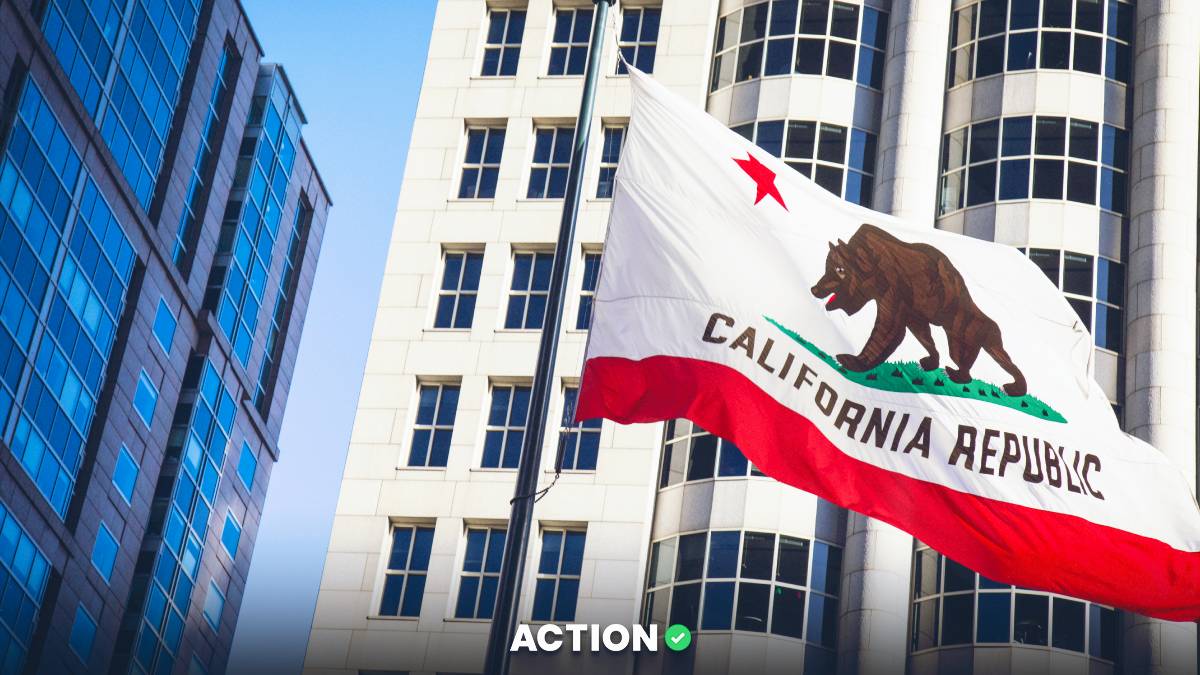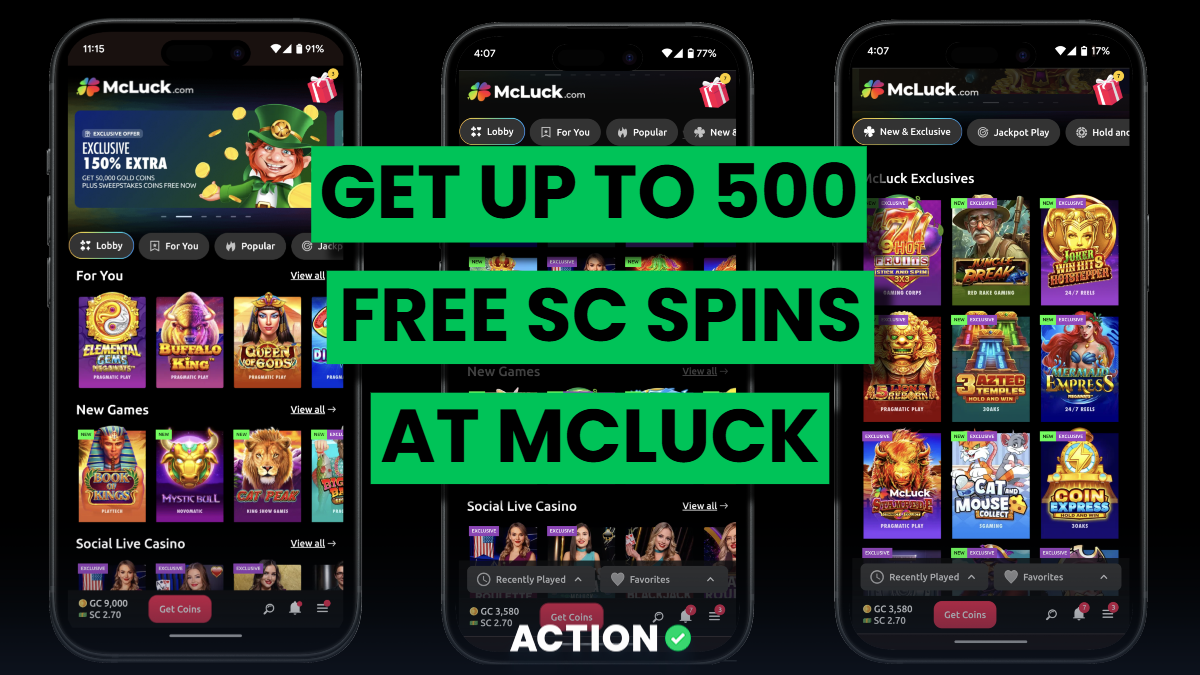California's tribal casino operators have suffered a legal setback in their ongoing conflict with state-licensed cardrooms.
The disagreement is over certain casino games like blackjack and baccarat, which the tribes claim they have the exclusive right to offer according to state law.
Cardrooms are accused of bypassing these rules by hiring outside companies, known as third-party proposition player services, to serve as the banker. This setup supposedly lets cardrooms offer games that resemble those typically found in tribal casinos.
The legal battle has origins in laws and court cases dating back over twenty years. However, the current lawsuit intensified after California passed Senate Bill 549, called the Tribal Nations Access to Justice Act, in November 2023. This law allows tribes to directly file lawsuits against cardrooms for allegedly offering illegal banked games.
What are California Cardrooms?

California cardrooms are licensed, regulated gaming establishments that exclusively offer card games—such as poker or specialized versions of traditional casino games—for public play. Unlike tribal casinos, cardrooms:
Do not have slot machines or true house-banked table games (where you play against the house).
Primarily feature poker and other “player-banked” or “player-dealer” card games, where players take turns acting as the dealer, sometimes with the help of TPPPs.
Are heavily regulated by the California Gambling Control Commission and local authorities to ensure all operations comply with state laws.
Cardrooms generate revenue by charging a rake or fee from each hand or player, rather than having a direct stake in winning or losing. There are currently about 66–88 licensed cardrooms in California, ranging from small venues with a few tables to some of the largest poker rooms in the world.
The cardroom model traces its roots back to California’s Gold Rush saloons of the 1800s and remains distinct from typical casino gaming, focusing on social, head-to-head card play rather than gambling against the house.
Latest Legal Developments in California Cardrooms Dispute
Sacramento County Superior Court Judge Lauri Damrell issued a tentative ruling favoring cardrooms.
The judge cited that the federal Indian Gaming Regulatory Act (IGRA) preempts state law, meaning that the new state statute giving tribes the right to sue cardrooms (Senate Bill 549, Tribal Nations Access to Justice Act) couldn’t override federal gaming legislation.
The tribes’ complaint argued that IGRA only applies to gaming on tribal lands, not to non-tribal facilities, but the judge ruled that IGRA is the governing authority and the state’s role is limited to negotiating compacts with the tribes—not to regulating non-tribal casinos through additional remedies.
Tribal casinos are pushing back, arguing the judge misinterpreted the law, stressing that SB 549 was specifically enacted so tribes could challenge what they see as the unlawful expansion of cardroom gaming. They claim cardrooms are violating California’s gambling laws and siphoning revenue from tribal casinos by using TPPPs to simulate house-banked games.
Implications and Next Steps in California
Tribal casinos are regrouping and preparing for the next phase of the legal battle, aiming to assert their exclusive rights over casino-style games in California. Here's what is expected to happen in the coming weeks and months:
The tentative ruling does not end the case. If Judge Damrell revises her stance, she may issue a new decision before the next hearing scheduled for October 10, 2025.
Tribal operators have stated they will continue to fight, insisting the legal authority granted by SB 549 should not be superseded by federal law for games offered off tribal lands.
Cardrooms maintain that their operations are legal, have always complied with state regulations, and are vital sources of revenue and jobs for many local California communities.
This case could set a significant precedent for the future landscape of California’s gaming industry, affecting both tribal exclusivity and the economic well-being of cities reliant on cardroom tax revenue.









